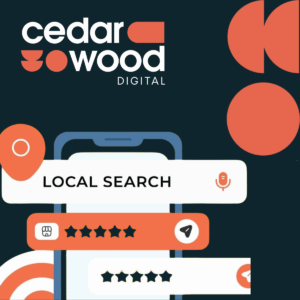Local SEO is a term that gets used frequently regarding SEO optimisation for local businesses. If you have a physical store or offer a product to people within a certain area, then chances are it will be at the top of your radar, so here’s a short guide to what local SEO is, how it works and how you can get started.
What Is Local SEO?
Local SEO refers to the practice of optimising a website and its content to increase visibility and rankings in local search results. Local search results are the organic search results that appear in response to location-specific search queries, such as “restaurants near me” or “plumbers in San Francisco.”
Local SEO focuses on optimising a website’s content, on-page elements, and off-page signals to increase its relevance and prominence for local search queries. This includes optimising the website’s meta tags, content, and images for local keywords, as well as building local citations, listings, and backlinks to establish the website’s authority and relevance in the local market.
Local SEO is particularly important for businesses with a physical presence or those that serve a specific geographic area, such as local service providers, restaurants, retailers, and healthcare providers. By optimising their website and online presence for local search, these businesses can improve their visibility and attract more local customers.
Key components of local SEO include:
- On-Page Optimisation: Incorporating location-specific keywords into your website’s meta tags, headers, and content.
- Google Business Profile (GBP): Claiming and optimising your GBP to enhance visibility in local search results.
- Local Citations: Ensuring consistent mentions of your business’s name, address, and phone number (NAP) across various online directories.
- Backlinks: Acquiring links from reputable local websites to build authority.
By focusing on these elements, businesses can improve their relevance and prominence in local search queries.
How Important Is Local SEO?
Local SEO is incredibly important for businesses that operate in a specific geographic area or have a physical location, as it can directly impact their ability to attract and retain local customers. Here are some reasons why local SEO is important for businesses:
- Increases visibility: Local SEO can help businesses appear in the top results for relevant local searches, making it easier for potential customers to find and contact them.
- Improves credibility: A strong local SEO presence can help establish a business’s credibility and authority in the local market, which can help build trust with local customers.
- Enhances user experience: Local SEO can help businesses optimise their website and online presence for local users, providing them with the information they need to make informed decisions about where to shop or do business.
- Boosts website traffic: By appearing in the top results for local searches, businesses can attract more website traffic and increase their chances of converting website visitors into customers.
- Increases conversions: Local SEO can help businesses target customers who are actively searching for their products or services, increasing the likelihood that those customers will convert into paying customers.
Local SEO can be incredibly important for websites that are looking to attract a local audience or for businesses where the search intent is deemed to be local. The approach can be quite different to normal SEO as well, so it’s always worth evaluating the client needs and situation before determining which approach is best for them.
How Does Local SEO Differ From Normal SEO?
While both local and traditional SEO aim to improve search engine rankings, local SEO focuses on location-based searches. Key differences include:
- Keyword Targeting: Local SEO emphasises geo-targeted keywords, such as “electrician in Manchester,” whereas traditional SEO may target broader terms.
- Google Business Profile: Local SEO requires optimisation of your GBP, a feature not applicable in traditional SEO.
- Local Citations: Building consistent NAP citations is vital for local SEO, but not a priority in traditional SEO.
Understanding these differences helps businesses tailor their SEO strategies to meet specific goals.
What Is NAP?
NAP stands for Name, Address, and Phone Number. Ensuring consistency of this information across all online platforms is vital for local SEO. Inconsistent NAP details can confuse search engines and potential customers, negatively impacting your local search rankings.
How Do I Build Effective Citations For Local SEO?
Building accurate and consistent local citations is essential for local SEO. Here’s how:
- Claim Listings: Ensure your business is listed on major directories like Google Business Profile, Yelp, and Bing Places.
- Maintain Consistency: Your NAP information should be identical across all platforms.
- Use Relevant Categories: Select appropriate categories for your business to help search engines understand your offerings.
- Regular Updates: Keep your listings up-to-date with current information and offerings.
How Do I Optimise Google Business Profile For Local SEO?
Optimising your Google Business Profile is crucial for local SEO success. Here’s how to do it:
- Complete Your Profile: Ensure all information, including business name, address, phone number, website, and hours of operation, is accurate and complete.
- Add Photos and Videos: Visual content can increase engagement and attract more customers.
- Encourage Reviews: Positive reviews can improve your business’s credibility and ranking.
- Post Regularly: Share updates, promotions, and events to keep your audience informed.
- Utilise Features: Use features like Q&A and booking options to enhance user experience.
As of 2025, Google has introduced a “What’s Happening” section for restaurants and bars, allowing them to highlight specials and events directly on their Google Search profile.
Do I Need Local SEO?
If your business serves a specific geographic area or has a physical location, local SEO is essential. Even if you’re not a local business, having an optimised Google Business Profile can help you gain additional visibility in search results.
In 2025, Google announced that businesses must have a verified Google Business Profile to run Local Services Ads, highlighting the importance of maintaining an up-to-date and accurate profile.
If you need assistance with implementing local SEO strategies or optimising your Google Business Profile, feel free to reach out!

